Biodegradable Polymers
Crude Oil Prices Trend
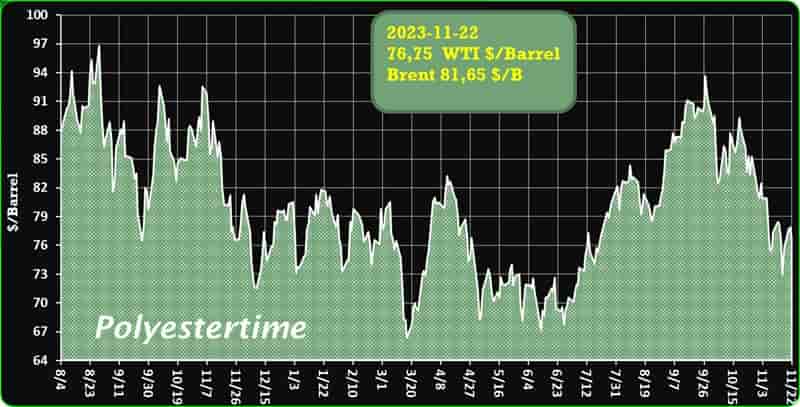
Crude Oil Prices Trend by Polyestertime
LyondellBasell to Build Industrial-scale Advanced Recycling Plant in Germany
LyondellBasell (LYB) today announced it has made the final investment decision to build the company’s first industrial-scale catalytic advanced recycling demonstration plant at its Wesseling, Germany, site. Using LyondellBasell’s proprietary MoReTec technology, this plant will be the first commercial scale, single-train advanced recycling plant to convert post-consumer plastic waste into feedstock for production of new plastic materials that can be ran at net zero GHG emissions. The new plant is expected to have an annual capacity of 50,000 tonnes per year and is designed to recycle the amount of plastic packaging waste generated by over 1.2 million German citizens per year. Construction is planned to be completed by the end of 2025. Biodegradable Polymers
“We are committed to addressing the global challenge of plastic waste and advancing a circular economy, and today’s announcement is another meaningful step in that direction,” says Peter Vanacker, LYB CEO. “Scaling up our catalytic advanced recycling technology will allow us to return larger volumes of plastic waste back into the value chain. By doing this, we will have the ability to produce more materials for high-quality applications, retaining value of plastics for as long as possible.”
The LYB MoReTec demonstration plant will close the gap for difficult to recycle plastics, such as mixed or flexible materials that are currently sent to landfill or incineration. Source One Plastics, a joint venture of LYB and 23 Oaks Investments formed in October 2022, will supply the majority of the sorted processed feedstock. The advanced recycled feedstock produced by the MoReTec facility will be used for the production of polymers sold by LYB under the CirculenRevive product line for use in a wide range of applications, including medical and food packaging.
The MoReTec difference
The MoReTec technology produces pyrolysis oil and pyrolysis gas. Pyrolysis oil is a substitute for fossil-based materials used in polymer production. Typically, pyrolysis gas streams are consumed as a fuel, however, the MoReTec technology enables the pyrolysis gas to be recovered as well, contributing to the production of polymer and displacing fossil-based feedstocks, which lowers direct CO2 emissions. Biodegradable Polymers
In addition, the proprietary catalyst technology lowers the process temperature, reduces energy consumption and improves yield. With lower energy consumption, the process can be powered by electricity, including electricity from renewable sources at net zero GHG emissions.
These differentiating advantages provide a carbon footprint advantage as well. The recovery of pyrolysis gas as feedstock, lower energy demand, electrical heating design, displacement of fossil-feedstocks, and recovery of waste plastic from incineration or landfill result in a significantly lower carbon footprint compared with fossil-based processes. This makes MoReTec a unique value proposition. Biodegradable Polymers
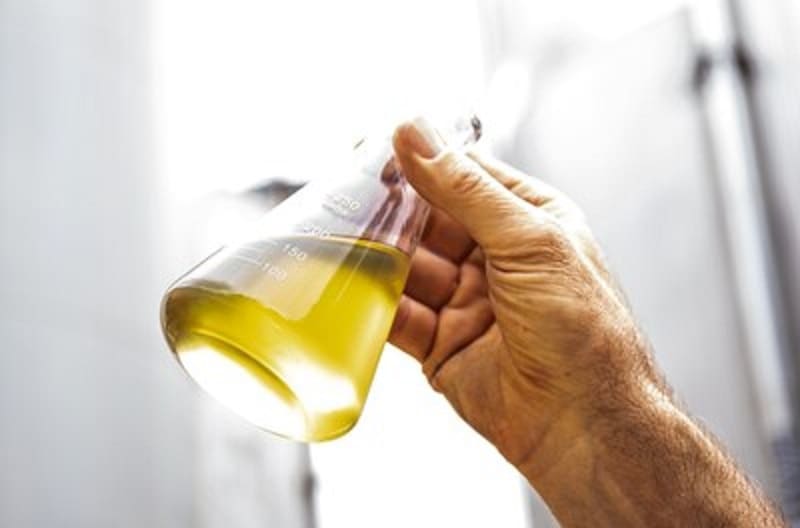
Polestar has officially confirmed the integration of super-fast-charging XFC batteries in its electric cars, solidifying a partnership with StoreDot
Scheduled for availability in 2027, the collaboration promises groundbreaking charging capabilities. While previous speculations hinted at this development, Polestar has now formalized the agreement.
In an unprecedented move, Polestar has entered into an exclusive agreement with StoreDot, an Israeli firm renowned for its expertise in rapid battery charging.
StoreDot recently completed the production of initial XFC (Extreme Fast Charging) battery prototypes and distributed them to 15 automakers for testing.
Polestar, as the pioneering adopter, is set to receive XFC batteries capable of recharging its electric vehicles in just 10 minutes. Biodegradable Polymers
This revolutionary battery technology is anticipated to debut in Polestar models by 2027, marking a significant advancement in electric vehicle charging efficiency.
Polestar’s CEO, Thomas Ingenlath, expressed enthusiasm about the partnership, stating that StoreDot’s technology will enable rapid recharging of their electric cars within minutes.
Echoing this sentiment, StoreDot’s CEO emphasized the shifting concern from range anxiety to charging anxiety, emphasizing the growing demand for electric vehicles with swift recharge capabilities.
To validate the real-world performance of XFC batteries, StoreDot is actively collaborating with Polestar to integrate the systems into production vehicles and ensure optimal functionality beyond the confines of the laboratory. Biodegradable Polymers
The remarkable endurance of XFC batteries, demonstrated by consistent 10% to 80% charging in just 10 minutes for over 1,000 cycles without significant performance degradation, underscores the potential of this innovative technology.
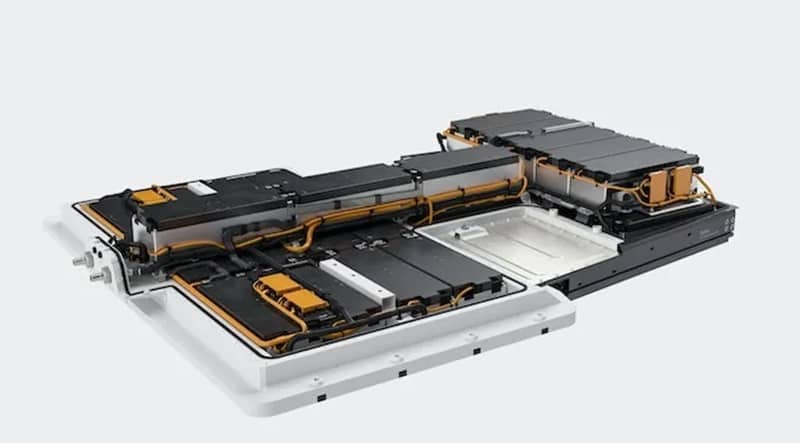
SANTONI Finalizes Acquisition Of Terrot, A Pivotal Realignment Of The Circular Knitting Machine Industry
Santoni Shanghai Knitting Machinery Co., Ltd., made an appearance at the ITMA Asia + CITME, and is honored to announce that it has received regulatory approval from Chinese authorities for its proposed acquisition of Terrot GmbH, a manufacturer of circular knitting machines in Germany.
The acquisition represents a pivotal step in Santoni’s strategy to advance the circular knitting machine industry. The integration of Terrot into the Santoni ecosystem is projected to increase Santoni’s production capacity and boost its market share, and in conjunction with other strategic objectives, firmly solidify Santoni’s position as the leading manufacturer in the industry, with unrivaled scale, depth of innovation and expertise.
Seeking to meet rising demand for high-end circular knitting products, Santoni has pursued an Ecosystem Strategy in recent years, aiming to unify a highly fragmented industry and enhance innovation, sustainability and digitalization to more effectively meet market needs. Biodegradable Polymers
The deployment of both parties’ latest innovation practices, textile automation offerings, integrated enterprise services, C2M solutions, and a platform for designers “Materialliance”, will allow Santoni Shanghai and Terrot to connect and bridge demand and offer of circular knitted products, delivering substantial added value to clients.
By incorporating Terrot’s offerings, particularly in the double jersey and jacquard sector, Santoni stands to gain a competitive edge in offering high-efficiency machines known for their superior performance, low maintenance, and cost-effectiveness. Highlighting this shift, Terrot’s patented UCC 572-T will be showcased during ITMA Asia + CITME in the Santoni’s Shanghai premises. This state of the art high-feeder transfer jacquard machine for sports and leisurewear in fine gauges will offer a glimpse into the potential of future collaboration. Biodegradable Polymers
“I am very excited about today’s announcement,” said Gianpietro Belotti, CEO of Santoni Shanghai. The acquisition of Terrot, including the reputable Pilotelli brand, will allow us to deliver on our commitment to building a stronger, more consolidated global ecosystem capable of yielding a sustained competitive advantage in the circular knitting machine industry. Looking ahead, we aim to cultivate an even more extensive talent pool and solutions portfolio, creating synergies that empower us to deliver a superior knitting experience to our customers.”
More…
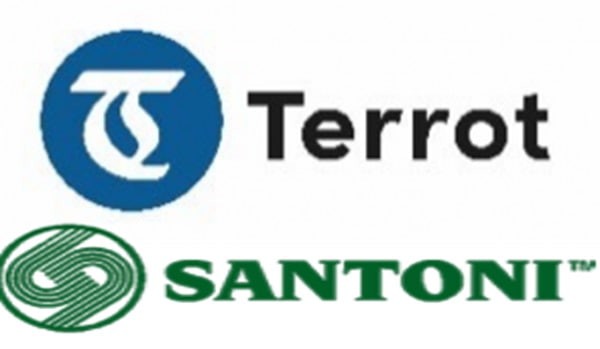
Aloxe inaugurates its new recycled PET plastic manufacturing plant in Messein, France
On November 16th, 2023, Aloxe inaugurated its new recycled PET plastic manufacturing plant in Messein. Aloxe’s €25 million investment in this new plant provides a practical, tried-and-tested technological solution that responds immediately to the major challenges of reusing and recycling single-use foodgrade plastic bottles and, more broadly to the environmental transition in France and Europe. Biodegradable Polymers
On November 16th, 2023, Aloxe inaugurated its new recycled PET plastic manufacturing plant in Messein (Meurthe-et-Moselle), in the presence of Julien Le Goff, Deputy Prefect, Secretary-General of Meurthe-et-Moselle Prefecture, Dominique Potier, MP for Meurthe-et-Moselle, Philippe Bolo, MP for Maine-et-Loire and an expert in this field, Audrey Bardot, VP of Meurthe-et-Moselle Departmental Council, Filipe Pinho, Chairman of the Moselle-Madon Federation of Municipalities, and Daniel Lagrange, Mayor of Messein.
Aloxe’s €25 million investment in this new plant provides a practical, tried-and-tested technological solution that responds immediately to the major challenges of reusing and recycling single-use foodgrade plastic bottles and, more broadly to the environmental transition in France and Europe. In a mere two years, Aloxe has consolidated and accelerated its industrial development in France by opening the largest recycled PET manufacturing plant in the country, increasing its production capacity from 12.5 kt to 50 kt. In 2024, Aloxe will be independent leader in Recycled PET in Europe, with a 120kt capacity in France, Poland and Italy. Biodegradable Polymers
More…
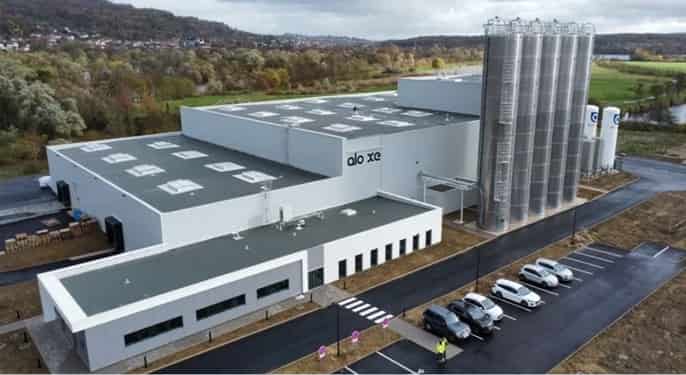
New Method Converts Mixed Plastics Into Biodegradable Polymers
In a groundbreaking development, researchers have introduced a novel method for converting mixed plastics, comprising both traditional and bio-based polymers, into biodegradable alternatives. Traditional recycling processes face challenges when dealing with bio-based plastics like polylactic acid (PLA), as their visual and textural similarity to conventional petroleum-based plastics often leads well-intentioned recyclers to place them in the wrong streams, hindering proper decomposition in composters.
Addressing this issue, a collaborative effort between Lawrence Berkeley National Laboratory (Berkeley Lab), the Joint BioEnergy Institute (JBEI), and X—the moonshot incubator under Alphabet—has resulted in a “one-pot” technique. This innovative approach utilizes naturally sourced salt solutions and specific microbes within a single container to catalyze the disintegration of mixed plastics into individual molecules called monomers. Subsequently, microbes ferment these monomers, yielding a new form of biodegradable polymer suitable for crafting various products. Biodegradable Polymers
The simplicity of this method not only sidesteps the intricate separation process but also promises to enhance the environmental impact of the final product. This breakthrough could revolutionize recycling practices, allowing consumers to mix plastic waste without concern. Beyond simplifying recycling, the team envisions a future where bacteria metabolizing plastic monomers can be harnessed for the bio-based production of valuable goods, such as biofuels or pharmaceuticals.
While the researchers, including the recognized engineer Dou, are currently experimenting with different organic salt catalysts to optimize their method’s efficiency and cost-effectiveness, the ultimate goal is to scale up the process for real-world applications in recycling facilities. Biodegradable Polymers
Their recent paper demonstrated the viability of the approach through bench-scale experiments involving common plastics like polyethylene terephthalate (PET) and PLA, showcasing the potential for transforming the approximately 8.3 billion tons of plastic waste in landfills into valuable and sustainable products.
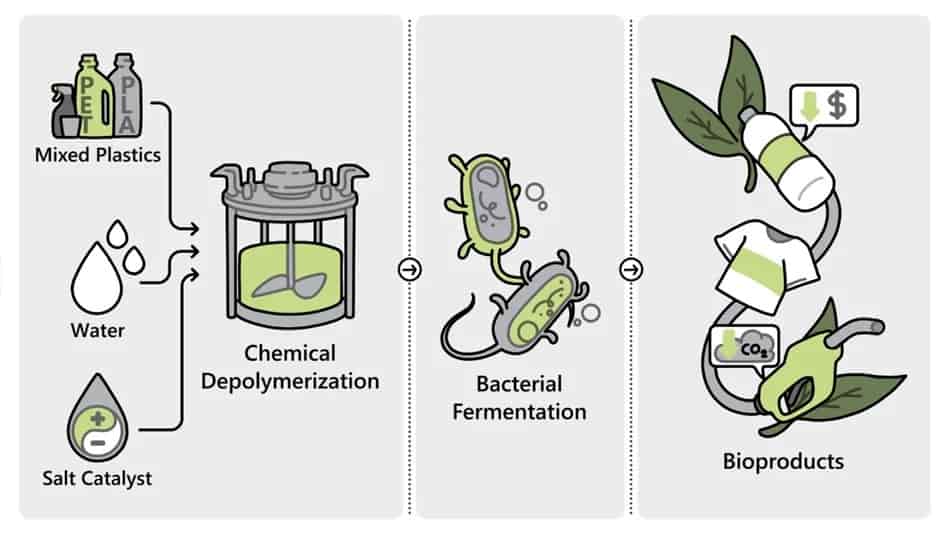
Clariant formally launched its state-of-the-art manufacturing site for halogen-free flame retardants in Daya Bay, Huizhou, China, said the company.
The USD67 M investment into the site’s first manufacturing line will offer domestic customers with access to new and sustainable Exolit OP flame retardants and associated technical knowhow to back the significant increase of engineering plastics uses in the electrical & electronics and e-mobility segments.
A second line is being constructed and predicted to come online in 2024, representing another investment worth USD44 M. Biodegradable Polymers
The new facility will manufacture the company’s international series of patent-protected organo-phosphorus flame retardants and supports the capacity of the firm’s two Exolit OP sites in Knapsack, Germany. The team at the One Clariant Campus in Shanghai will back customers in co-development and in-application evaluation.
The site is run by 100 workers and is situated within the Huizhou Daya Bay Economic and Technological Development Zone (Daya Bay Chem Park) in Guangdong Province. The Daya Bay site of Clariant uses green electricity, allowing a significant decrease in Scope 2 (CO2) emissions.
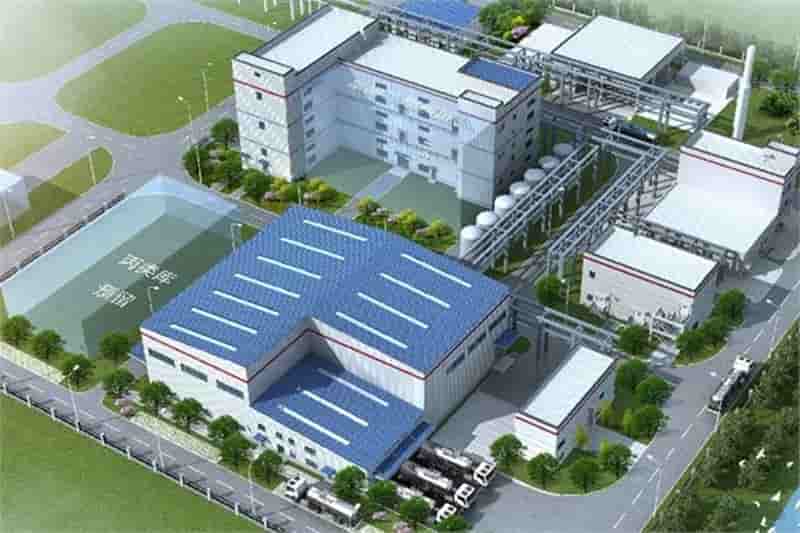
The U.S. Department of Energy (DOE) announced up to $3.5 billion from the Infrastructure Law to boost domestic production of advanced batteries and battery materials nationwide.
The high-capacity battery supply chain consists of five main steps including: (1) raw material production; (2) materials processing including material refinement and processing; (3) battery material /component manufacturing and cell fabrication; (4) battery pack and end use product manufacturing, and (5) battery end-of-life and recycling. This FOA aims to reach across both the midstream and downstream segments of the battery supply chain, supporting both midstream battery materials and component manufacturing, as well as subsequent cell manufacturing and end of life recycling.
This investment, which includes a focus on retaining and creating good-paying union jobs in the manufacturing workforce, is administered by DOE’s Office of Manufacturing and Energy Supply Chains (MESC). Biodegradable Polymers
With the demand for electric vehicles (EVs) and stationary storage alone projected to increase the size of the lithium battery market by five- to ten-fold by the end of the decade, it is essential that the United States invests in the capacity to accelerate the development of a resilient supply chain for high-capacity batteries, including non-lithium batteries, the DOE said.
More…
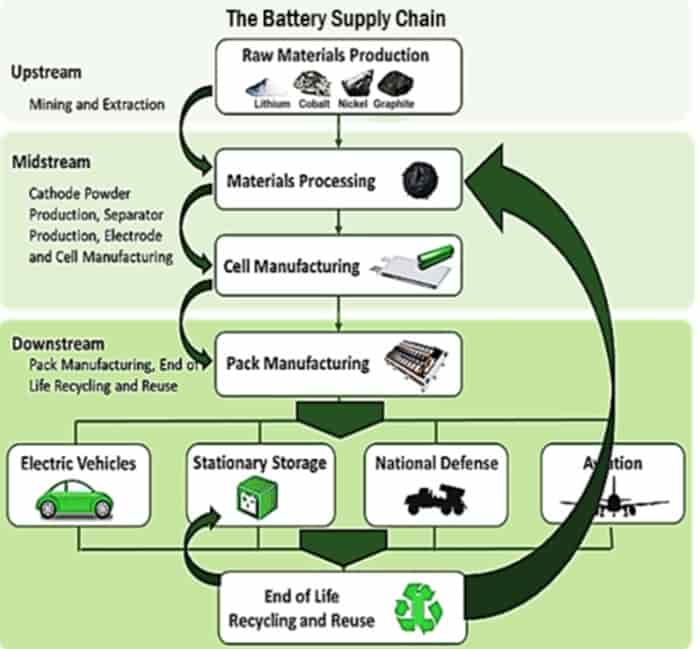
Plastic recycled – Judge says Ottawa listing plastic items as toxic was ‘unreasonable and unconstitutional’ 21-11-2023
Biodegradable Polymers








